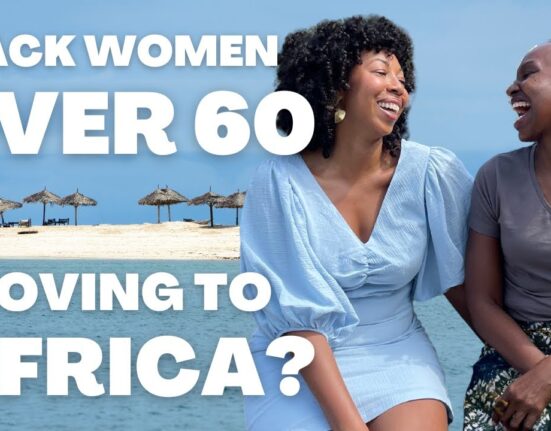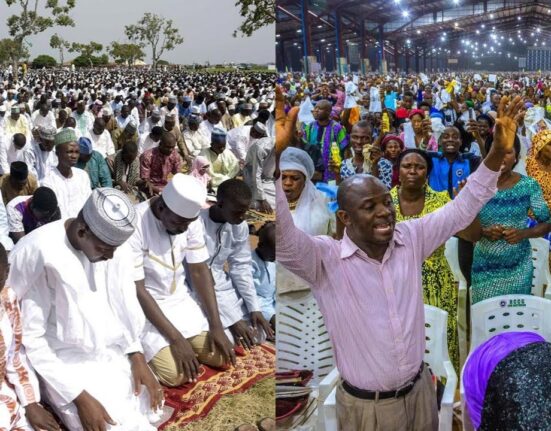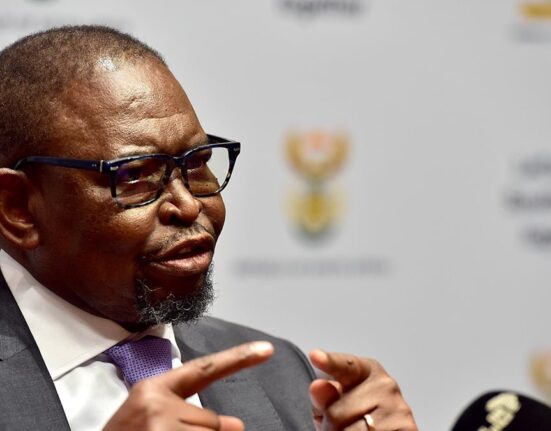Rumors had been circulating that Obi might consider serving as a vice-presidential candidate instead. However, he unequivocally dispelled these speculations by stating firmly that such a scenario was not on the table: “This is not in play; nobody has ever discussed that. People assume so many things. Nobody has ever discussed with me whether I am going to be A or B or C.”
Obi’s commitment to the Labour Party remains unwavering as he referred to himself as a “vibrant member” of the party that provided him with a political platform in 2023. Despite this allegiance, Obi acknowledged being part of a broader opposition coalition involving the African Democratic Congress (ADC), formed with the aim of challenging President Bola Tinubu in the upcoming election.
In explaining his involvement with the coalition, Obi highlighted its potential impact on Nigerian politics: “I am part of the coalition which will be able to produce a president with the capacity and compassion to save this country.” This statement underscores his belief in collective efforts towards achieving positive change and governance.
As political dynamics continue to evolve leading up to the 2027 elections, observers speculate on potential alliances and strategies among various parties and candidates. The emergence of coalitions like the one involving Obi signifies a shift towards collaborative approaches aimed at addressing pressing issues facing Nigeria.
In navigating Nigeria’s complex political landscape, alliances play a crucial role in shaping electoral outcomes and policy directions. The coming together of diverse parties under common goals reflects a growing trend towards unity amidst diversity within Nigeria’s political arena.
Experts emphasize the significance of strategic partnerships and collaborations in influencing electoral processes and policy agendas.
By leveraging collective strengths and resources, political entities can broaden their support base and articulate more comprehensive visions for governance.
Obi’s decision to reaffirm his presidential ambitions while maintaining ties within existing party structures and broader coalitions exemplifies strategic positioning aimed at maximizing influence and relevance within Nigeria’s competitive political environment.
As aspirations for leadership take shape ahead of future elections, individuals like Peter Obi represent key figures driving discussions around governance, accountability, and national development priorities. Their roles in shaping public discourse highlight the dynamic nature of Nigerian politics and its implications for citizens’ lives.
The unfolding narrative surrounding Peter Obi’s presidential pursuits underscores larger themes related to leadership succession, democratic transitions, and citizen engagement across Nigeria’s diverse social fabric. His journey from gubernatorial responsibilities to national aspirations mirrors broader trends reshaping power dynamics within Nigerian society.
In conclusion, Peter Obi’s confirmation of his 2027 presidential bid marks an important chapter in Nigeria’s evolving political landscape. As he sets his sights on higher office once again, observers await how this decision will reverberate across party lines and influence electoral calculations leading up to future polls.









Leave feedback about this